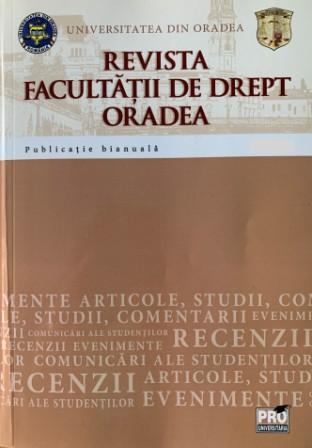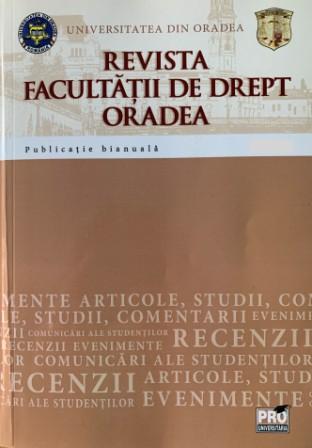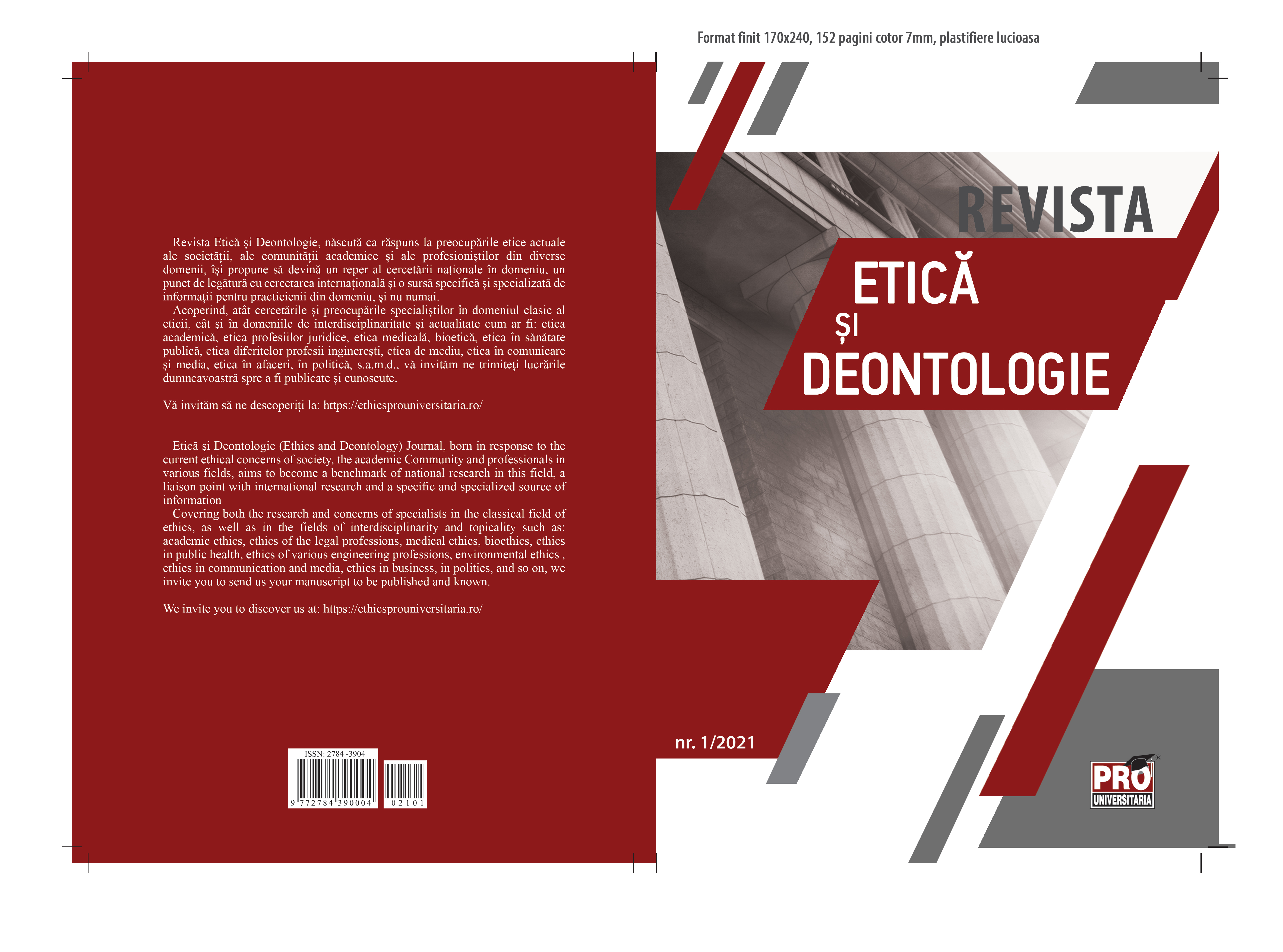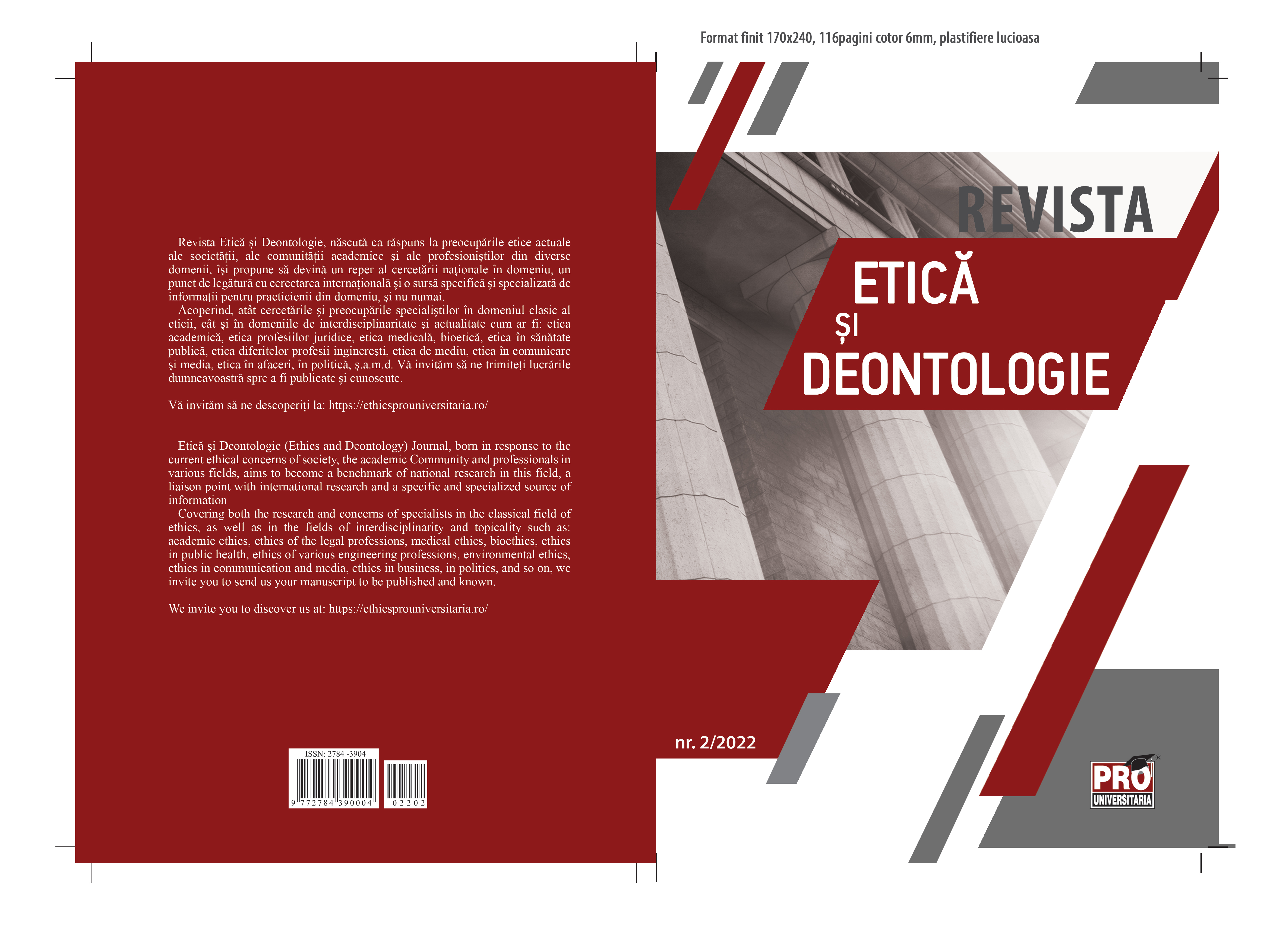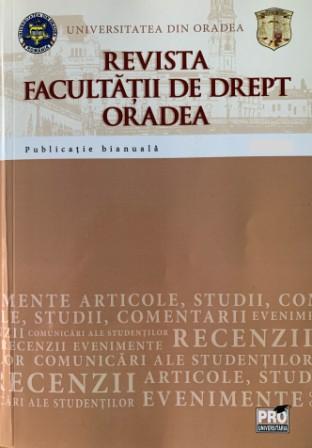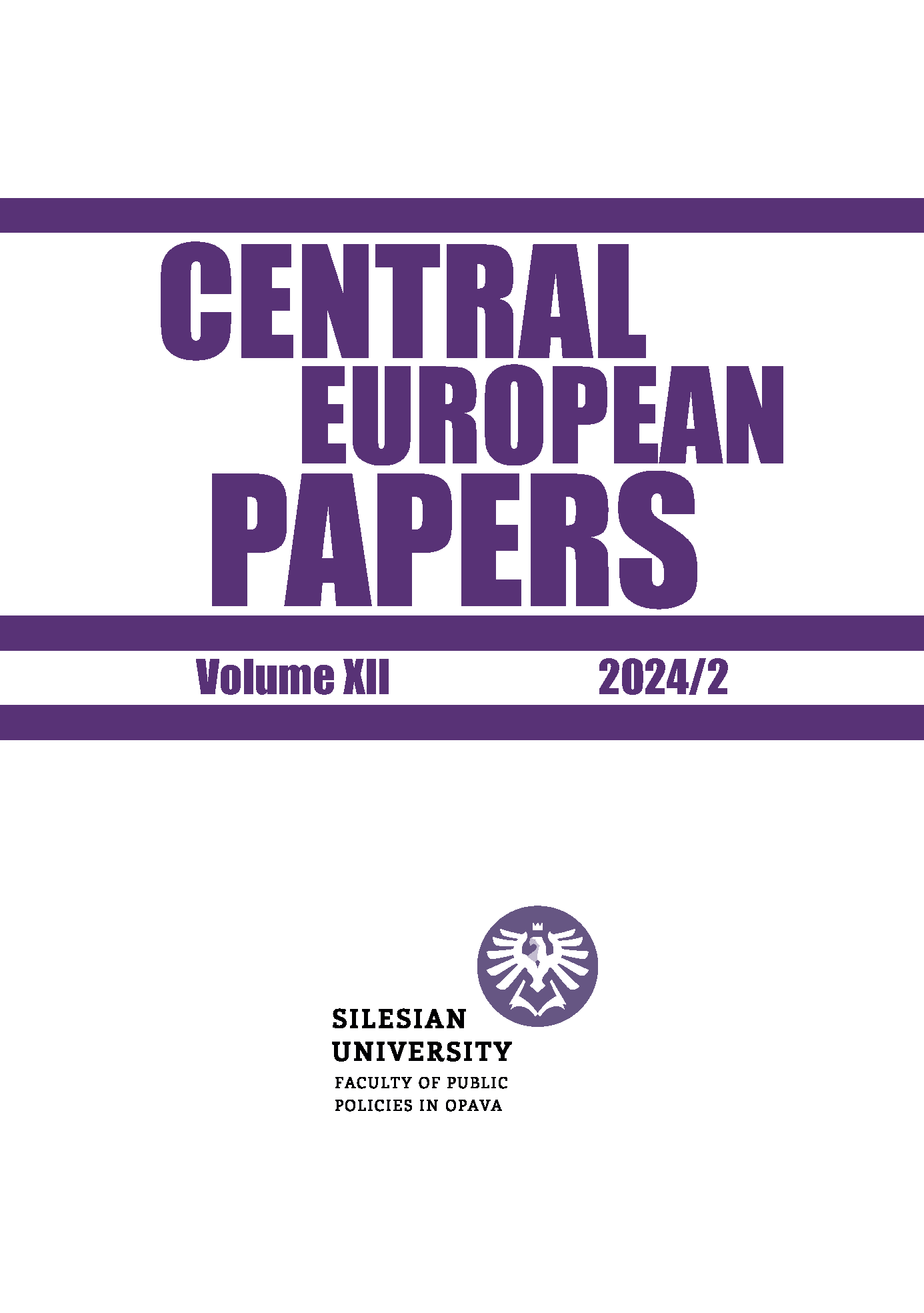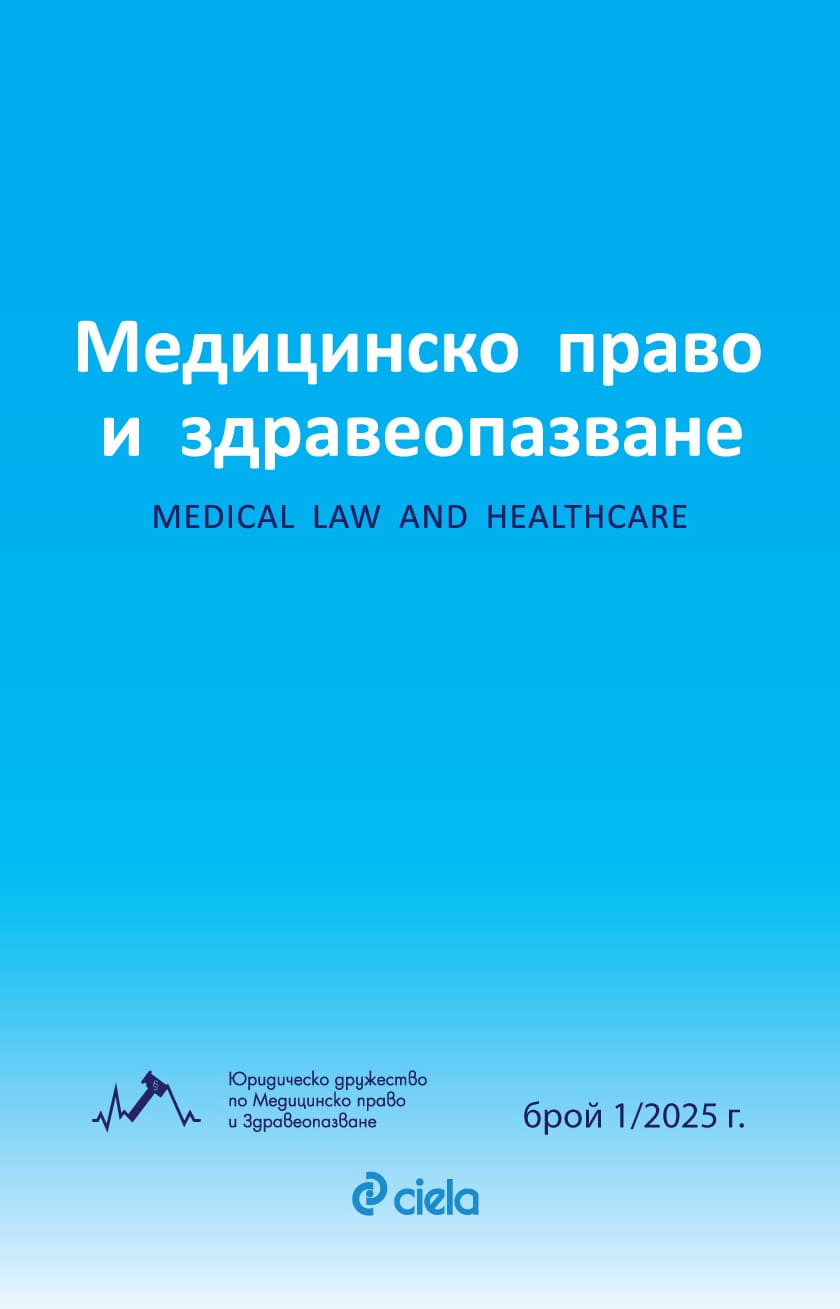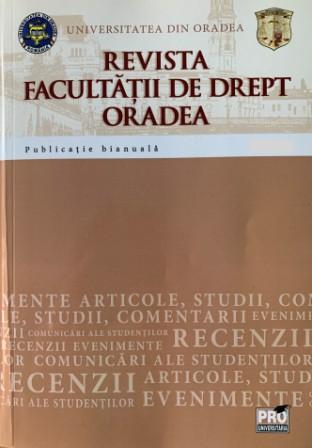Author(s): Gracziaș Răzvan-Iuliu,Pipa Sergiu Cosmin / Language(s): English
Issue: 2/2022
This paper deals with expropriation for public utility, bringing to the fore a current problem that can be analyzed from several perspectives. In the context of a significant increase of population in the latest years, the doubling or even tripling of vehicles and the diversification of social needs of the citizen, the state is forced to create new opportunities to facilitate the daily life of the population. This is often done through expropriation for public utility, by strengthening infrastructure, increasing the number of parking spaces, building hospitals and many others. As we know, the right to private property is one of the three fundamental rights, together with the right to life and liberty, which human beings have enjoyed since ancient times. However, the right to private property is not an absolute right, and states may take action in their sphere, but only with the procedure laid down by law. In this regard, the European Convention on Human Rights has regulated the Additional Protocol No. 1 entitled "Protection of Property", which aims to stop abuses by states parties to the Convention. This article also applies to nationalization decrees issued by former totalitarian states, whereby the citizens of these countries were often illegally deprived of their property. In this paper we will present the conditions that must be met in order for there to be an interference with the right to private property under the rules laid down in the European Convention on Human Rights and the conditions that a person must meet in order to be able to apply to the Court when her right to private property has been violated. Then, we will present the legislative regulation on expropriation in Romanian law, the steps to be taken in order to carry out the expropriation as well as judgments rendered by CEDO against Romania regarding expropriation for public utility. In addition, we will be able to see aspects of comparative law by presenting expropriation in Romania and expropriation in France. Also in this section we will talk at length about the historical perspective, comparisons between the legislation governing this institution and also some judgments delivered by the CEDO against France also in the field of expropriation. We believe that in a democratic society the right to private property must have adequate protection and legal force at least equal to that of public property, with expropriation for reasons of public utility intervening only when social interest and need require it, respecting the procedure established by law and the rights of the expropriator. Finally, we make a proposal that the institution of expropriation be regulated by an expropriation code, in the form of a single well-structured law that would lead to the disappearance of the multitude of interpretations found in the jurisprudence and judicial practice of both the Romanian courts and the European Court of Human Rights. Cicero himself said that " we are all slaves to the laws in order to live freely ", which is why we believe that at some point this expropriation code will be adopted to ease this measure.
More...
